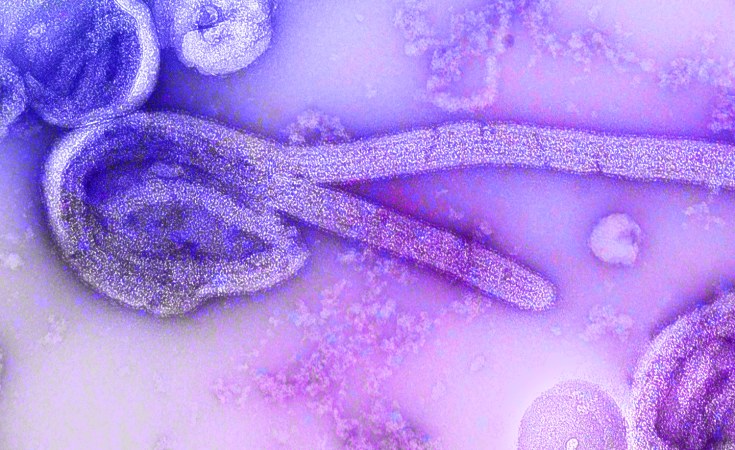Equatorial Guinea said it has recorded 13 cases of Marburg disease since February, after the World Health Organization urged the country to officially report new cases.
Nine people have died, while one patient has recovered since the first outbreak of the disease was observed in February, the health ministry said on Twitter Wednesday
The WHO last week had reported 9 laboratory-confirmed cases, and estimated the total number of deaths and probable cases at 20, and urged the country to report all cases in order to warn communities.
These cases are in three provinces, some 150 kilometres apart, "suggesting wider transmission of the virus", WHO chief Tedros Adhanom Ghebreyesus said Wednesday.
No vaccine, no cure
Marburg disease is a viral haemorrhagic fever, with symptoms including high fever, fatigue and blood-stained vomit and diarrhea, and a high fatality rate due to organ failure.
Transmission occurs through contact with blood or other body fluids, and there are no antiviral treatments approved to treat it and no vaccines.
#Tanzania 🇹🇿 has confirmed its first-ever cases of #Marburg virus disease. Here's everything you need to know about what it is, its symptoms, and how it spreads 👇🏿#ViralFactsAfrica @viralfacts pic.twitter.com/qV1tDQ8to5-- WHO African Region (@WHOAFRO) March 22, 2023
Equatorial Guinea said it has traced 825 contacts since the beginning of the epidemic.
There is also an outbreak of Marburg virus in Tanzania, which has reported eight cases, including five deaths, in the Kagera region to the WHO.
Marburg is It is part of the filovirus family that also includes Ebola, and it is passed on to people from fruit bats.
WHO said it was working with local authorities and vaccine manufacturers to set up trials in the affected countries.
(with wires)


